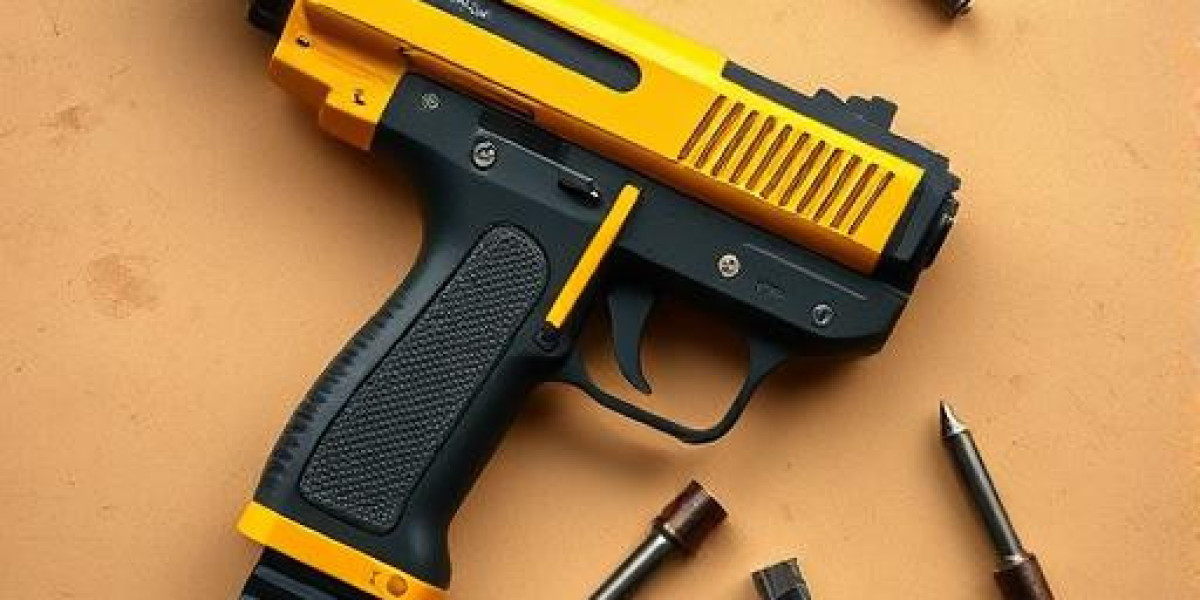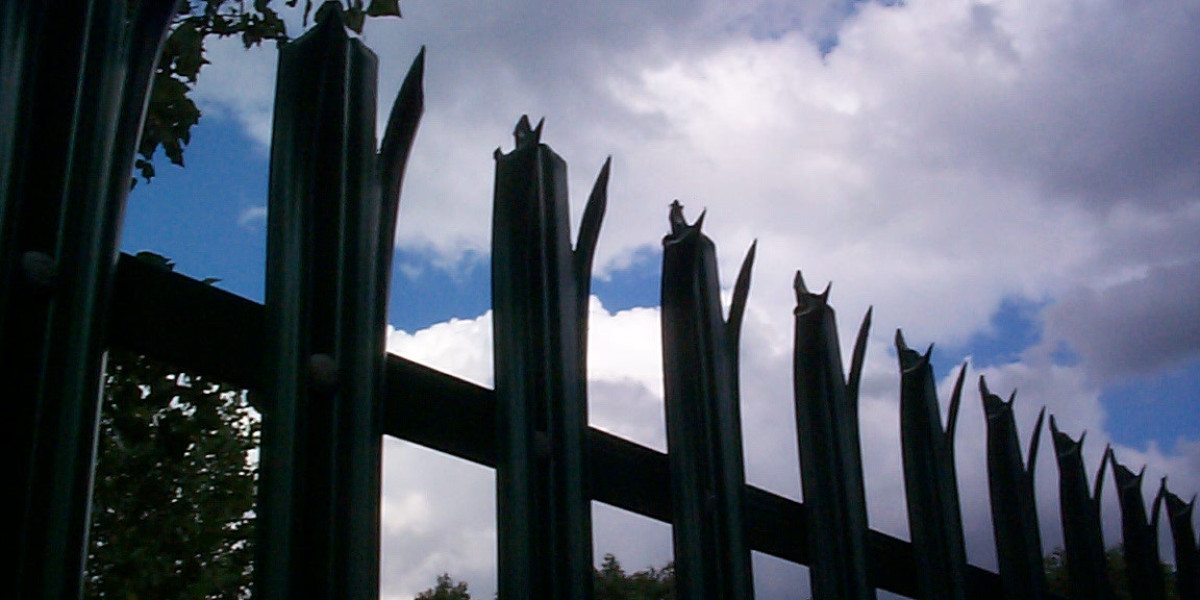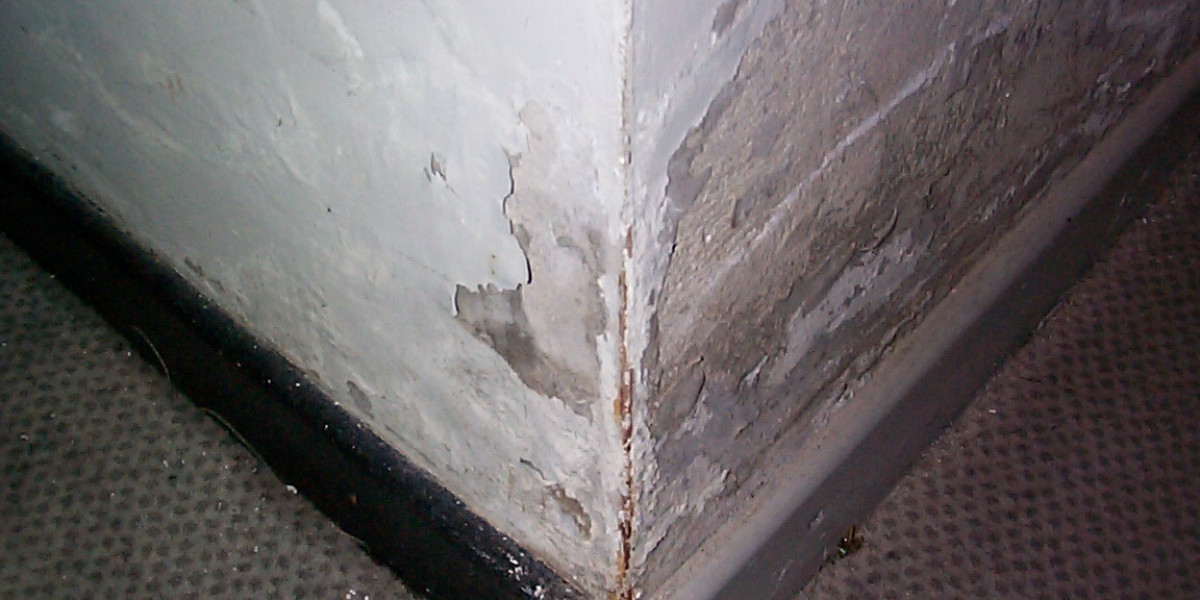Introduction
Personal safety has become an increasingly important concern in today’s world. From rising crime rates to the need for non-lethal self-defence options, many people are exploring alternatives that provide a sense of security without the legal and moral complications of carrying live firearms. Among the most popular and accessible choices are blank guns for self defence and air guns.
Both serve unique purposes — blank guns simulate the sound and feel of a firearm, while air guns deliver real projectile power using compressed air or gas. In this detailed guide, we’ll explore how each option works, their advantages, limitations, and how to choose the right one for your situation.
If you’re looking to explore available options in South Africa, visit BNT Online for a range of blank guns, or check out their collection of air guns suitable for sport, training, and pest control.
What Are Blank Guns?
Blank guns, sometimes called blank-firing pistols, are designed to mimic real firearms in appearance, sound, and operation — but they fire blank cartridges instead of live ammunition. A blank cartridge contains gunpowder and a crimped or sealed end, producing a loud “bang,” flash, and recoil when fired, but no projectile leaves the barrel.
Common Uses
Self-defence and deterrence: The loud sound can scare away potential intruders or attackers.
Training: Used by security personnel and firearm enthusiasts to practice handling and safety.
Film and theatrical use: Common in movies, theatre, and reenactments.
Browse a full range of reliable blank guns for self defence available for home and personal protection use.
Advantages of Blank Guns for Self Defence
Effective Deterrent
The realistic sound and flash from blank guns can deter intruders or attackers without the risk of fatal injury.Legal Accessibility
In many regions, blank guns are easier to purchase than live firearms. However, laws differ, so always check your local regulations.Realistic Handling
Blank guns replicate the weight and feel of real firearms, making them excellent for training and confidence building.Reduced Risk of Collateral Damage
Since they don’t shoot bullets, blank guns eliminate the risk of stray projectiles injuring bystanders or damaging property.
Limitations of Blank Guns
While blank guns can be effective deterrents, they have clear limitations:
Close-Range Danger: The expanding gases and debris from a blank cartridge can still cause burns or injury at close range.
No Stopping Power: They cannot incapacitate an attacker physically — their effectiveness relies purely on intimidation.
Legal Risks: In some countries, brandishing or firing a blank gun in public can lead to criminal charges or police intervention.
For these reasons, blank guns for self defence should be used responsibly and only as part of a broader personal safety plan.
What Are Air Guns?
An air gun (or pellet rifle) uses compressed air, CO₂, or a spring-piston mechanism to propel a projectile such as a pellet or BB. They come in many calibres, with the most common being .177 (4.5mm) and .22 (5.5mm).
Unlike blank guns, air guns actually fire physical projectiles, which makes them useful for sport shooting, pest control, and in some limited cases, self-defence. Explore quality pellet rifles and accessories at BNT Online’s air gun section.
Types of Air Guns
Spring-Piston Air Guns
Powered by a coiled spring and piston; simple, durable, and easy to maintain.CO₂-Powered Air Guns
Use small gas cartridges for consistent shot power and semi-automatic firing.PCP (Pre-Charged Pneumatic) Air Guns
Store compressed air in a tank, offering the most power and accuracy — ideal for professional use or long-range shooting.Pump-Action Air Guns
Require manual pumping to pressurize air before each shot; perfect for beginners.
Advantages of Air Guns
Real Projectile Power
Air guns are capable of propelling pellets at speeds over 1000 fps, making them powerful enough for target shooting or pest control.Versatile Use
Suitable for recreation, small-game hunting, or backyard target practice.Low Noise & Maintenance
Compared to firearms, air guns are quieter and require less cleaning and upkeep.Legal Ownership
In many regions, air guns are more accessible than traditional firearms, though still subject to local laws.
For enthusiasts and beginners alike, a pellet rifle air gun provides both fun and function.
Limitations of Air Guns for Self Defence
Limited Stopping Power: While pellets can injure, they are unlikely to stop an intruder effectively.
Potential for Misuse: A powerful air gun can cause serious injury if mishandled.
Legal Concerns: Some high-powered models are restricted or require permits depending on the jurisdiction.
False Sense of Security: Relying solely on an air gun for self-defence may be dangerous; it’s primarily a sporting tool, not a weapon for confrontation.
Blank Guns vs Air Guns: Head-to-Head Comparison
Feature | Blank Guns | Air Guns |
Primary Function | Noise and deterrence | Shooting projectiles |
Lethality | Non-lethal but can injure at close range | Potentially lethal at close range |
Usage | Deterrence, training, film use | Sport, hunting, pest control |
Recoil & Noise | Loud, realistic recoil | Variable recoil, moderate noise |
Legal Restrictions | Moderate (varies by region) | Moderate (varies by power & calibre) |
Self-Defence Effectiveness | High deterrent, low stopping power | Low deterrent, moderate stopping power |
Maintenance | Low | Moderate |
Both have their uses, but blank guns for self defence are better suited for intimidation and noise deterrence, while air guns excel in sport and skill development.
Safety and Legal Considerations
1. Know the Law
Owning or using either type of weapon without proper awareness can lead to legal consequences. Some countries classify blank guns as firearms, while others restrict high-powered air rifles. Always verify local regulations before purchase.
2. Proper Training
Even though they’re not traditional firearms, blank guns and air guns must be treated with the same respect. Training improves safety and confidence.
3. Safe Storage
Keep all guns — blank, air, or otherwise — locked and unloaded when not in use. Store ammunition separately.
4. Responsible Use
Never brandish or discharge these tools in public areas or as threats during non-life-threatening situations. Misuse can escalate conflicts and endanger lives.
For more details on responsible ownership and product options, check BNT Online.
When to Choose a Blank Gun
Choose a blank gun for self defence if your primary goal is deterrence without physical harm. It’s suitable for:
Individuals in non-lethal defence jurisdictions
Homeowners seeking a loud alarm-like deterrent
Security professionals who need realistic training tools
Explore various models and calibres at BNT Online.
When to Choose an Air Gun
Opt for an air gun if you want a tool for:
Target shooting and recreational practice
Pest control or small-game hunting
Developing accuracy and handling skills
See the full range of air guns and pellet rifles for sport and training.
Conclusion
Blank guns and air guns both play valuable roles in responsible ownership, training, and safety. A blank gun offers a realistic deterrent for non-lethal defence situations, while an air gun provides genuine shooting capability for sport, recreation, and small-scale control tasks.
However, neither should be seen as a perfect substitute for real defensive weapons or comprehensive security planning. The best approach is a balanced one — combining smart home security, awareness, and responsible use of tools.
To browse high-quality options in South Africa, visit BNT Online for blank guns for self defence and explore their selection of air guns and pellet rifles for safe, practical shooting.
Frequently Asked Questions (FAQ)
1. Are blank guns legal for self defence?
Legality depends on local laws. In some regions, blank guns are classified as firearms, while others allow them freely. Always check your area’s specific requirements before purchasing from BNT Online.
2. Can blank guns cause injury?
Yes. Although they fire no bullet, the gas and debris from a blank cartridge can injure at close range. Always maintain a safe distance when firing.
3. Is an air gun suitable for self defence?
Generally not. Air guns can injure or deter but lack the stopping power of real firearms. They are better suited for sport and pest control. See air guns and pellet rifles for sporting options.
4. What’s the safest way to store a blank or air gun?
Keep all guns unloaded, locked in a safe, and stored separately from ammunition. Use trigger locks for added safety.
5. Can I use an air gun for pest control?
Yes. Air guns, especially in .22 calibre, are commonly used for small pest control. Check local regulations regarding humane use.
6. Which is better for beginners — a blank gun or an air gun?
For training in firearm handling, a blank gun may offer a more realistic experience. For target practice and learning marksmanship, an air gun is ideal.








